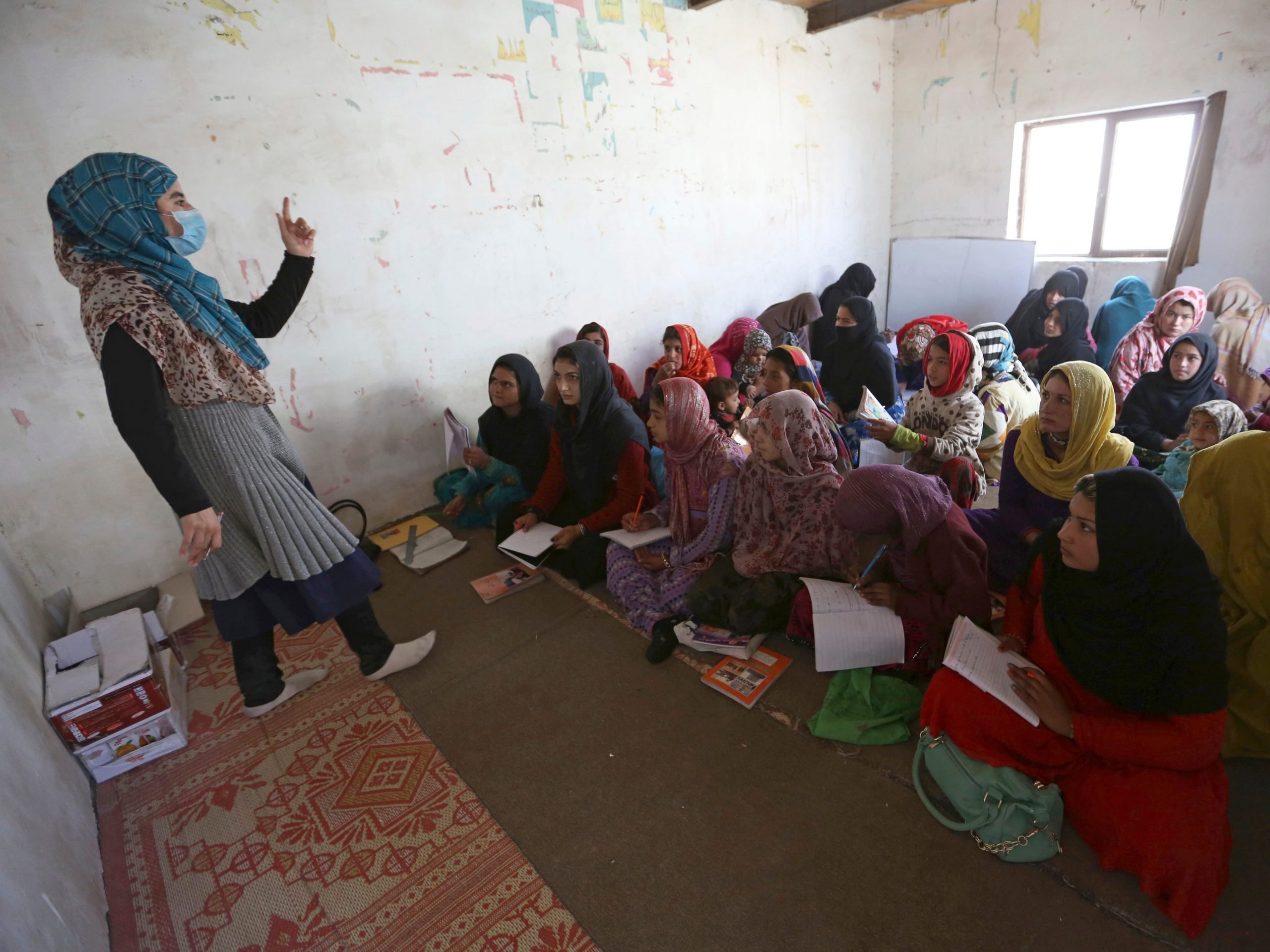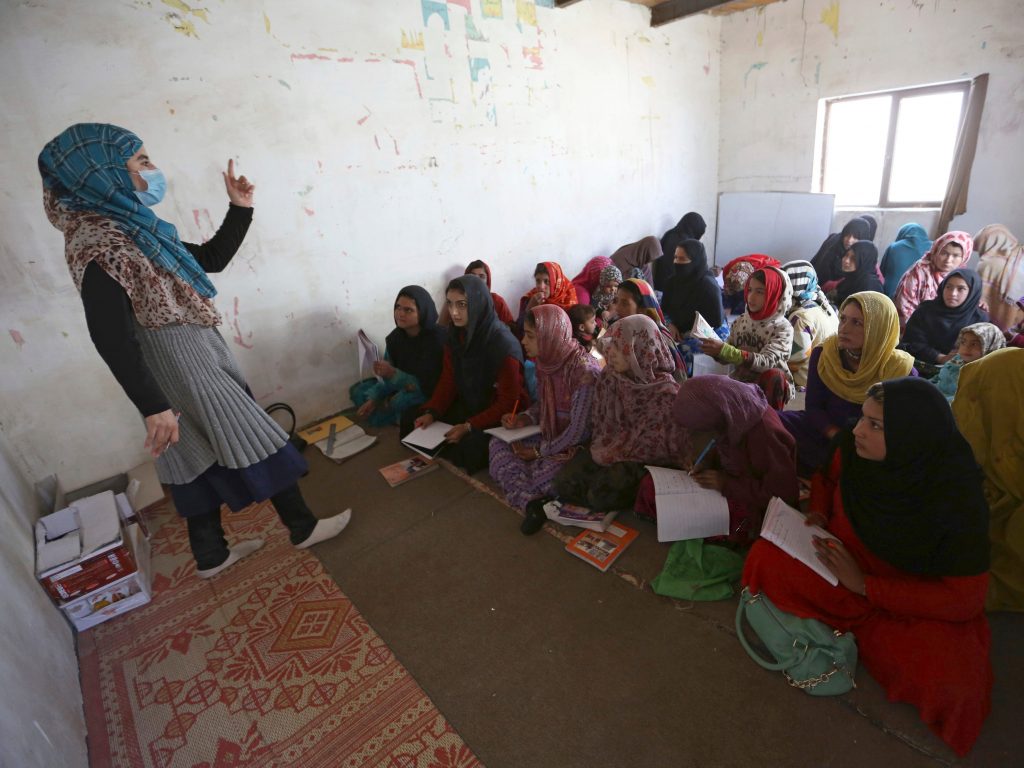
AP Photo/Rahmat Gul, File
- UNICEF estimates that nearly 10 million children in Afghanistan are in need of humanitarian assistance.
- Since January, the United Nations has documented over 2,000 violations of children's rights in the country.
- The CEO of UNICEF USA told Insider that girls' education in the country remains a top priority.
- See more stories on Insider's business page.
Born into conflict, children in Afghanistan are now living under Taliban rule for the first time in their lives.
UNICEF has worked for decades to protect the rights of women and children in Afghanistan, and for that work to continue the organization must be able to work freely across the country. Michael Nyenhuis, President and CEO of UNICEF USA, told Insider that so far Taliban leadership has recognized its humanitarian work, and the organization assumes it'll have the critical on-the-ground access it needs to operate as scheduled.
"We need access, in our case, to children all over the country and the only way we're going to get that access is in cooperation with those who hold power," Nyenhuis said in a phone interview with Insider.
The outlook for Afghanistan's children is bleak. UNICEF estimates that nearly 10 million children are in need of humanitarian assistance and more than four million are out of school – more than half of them girls. Nearly 435,000 women and children are internally displaced. And since January alone, the United Nations has documented over 2,000 violations of children's rights in Afghanistan.
Nyenhuis said children's education is one of UNICEF's top priorities while the country reels from another Taliban takeover. Many people, including Nyenhuis, are skeptical of indications from the Taliban that women and girls will maintain the personal freedoms they've enjoyed over the last two decades, and that the group's rule will be less brutal than when they ran the country from 1996-2001.
"We'll see what happens down the road," Nyenhuis said.
Some schools that closed because of the COVID-19 pandemic have received permission to reopen and for teachers to return.
"Before Kabul fell, Afghanistan was already one of the hardest places on earth to be a child," UNICEF Regional Director George Laryea-Adjei said in a statement. "In the past weeks, with increased conflict and insecurity, it is children, those least responsible for this crisis, who have paid the heaviest price."
The organization estimates that without urgent action, one million Afghan children under the age of five will be malnourished before the end of 2021. It recently launched an appeal for $192 million in funding, underscoring that urgency.
"Now, with a security crisis, skyrocketing food prices, a severe drought, the spread of COVID-19, and another harsh winter just around the corner, children are at greater risk than ever," Laryea-Adjei said in the statement.
Nyenhuis anticipates that in the long run, a lack of commercial flights to Kabul's airport and inbound cargo will strangle the in-country food supply.
"We need access as quickly as we can to the airport, to the ability to bring relief supplies into the country," Nyenhuis said. "We need the cooperation of the western donor governments to continue to support our work and to help provide those supplies. We need support on the ground in Kabul and throughout the country from those who are in power now to give us access and let us continue to do this work."
For the time being, UNICEF's in-country staff can offer medical supplies, vaccines and nutrition. UNICEF said mobile health teams have visited camps for internally displaced people, setting up child-friendly spaces, vaccination sites, education classes and nutrition hubs.
Nyenhuis said despite the current challenges across the country, a team of over 300 UNICEF staffers, mostly Afghans, are determined to carry out their mission and deliver critical aid to vulnerable populations.
"We're there on the ground and we're not going to be leaving," he said.
Dit artikel is oorspronkelijk verschenen op z24.nl
